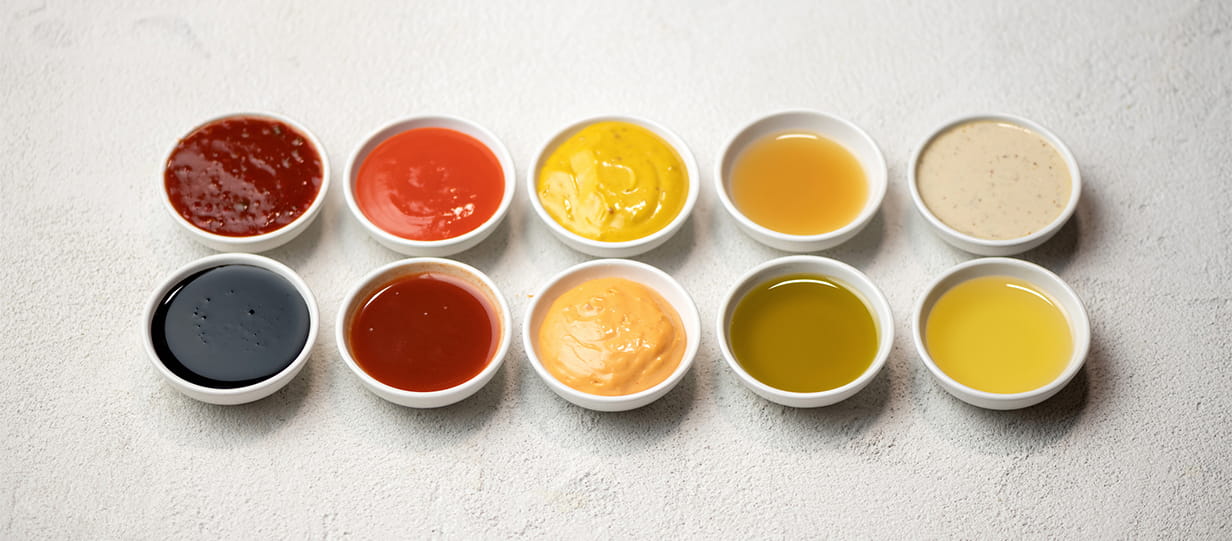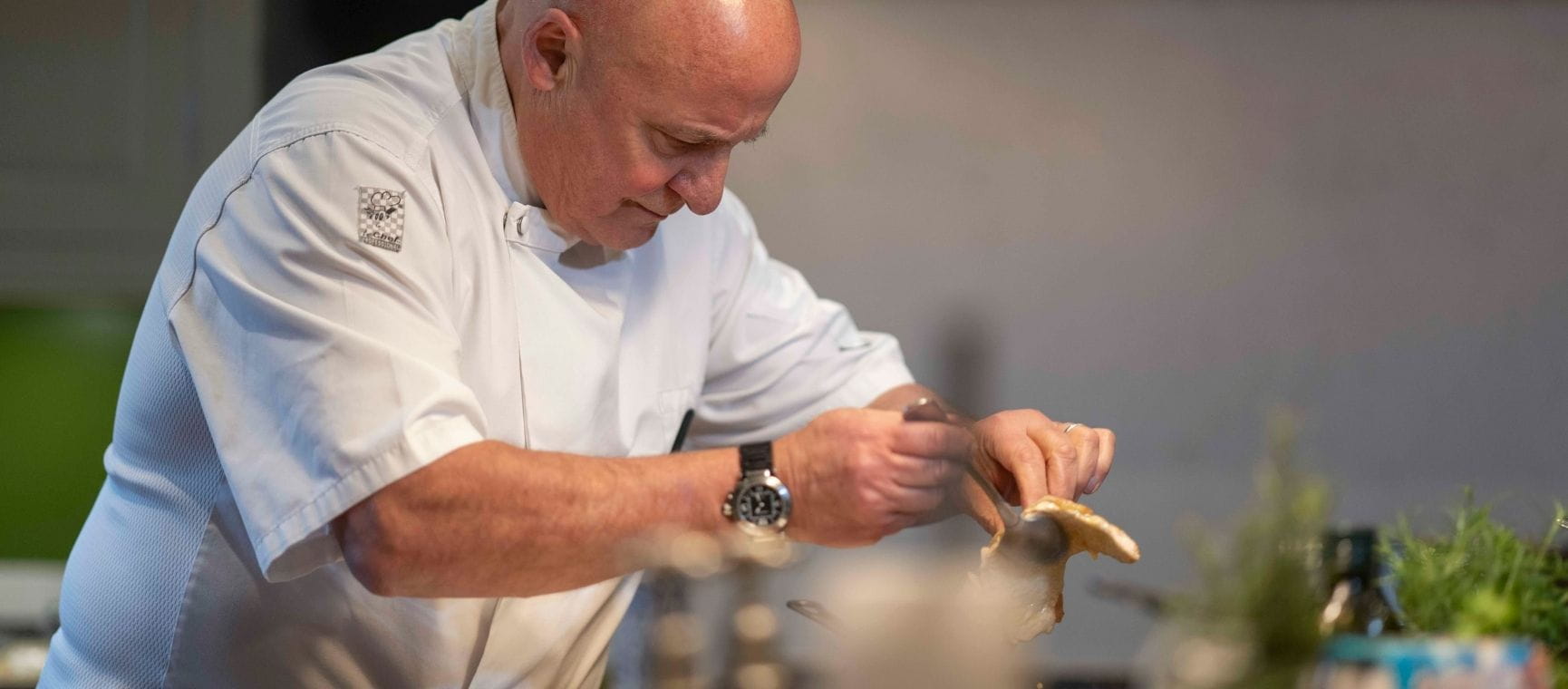Health & Wellbeing
Our experts show you simple and effective ways to stay healthy and active, so you can live your passions every day.

Are alcohol-free drinks really that healthy?
Almost half of UK adults now buy non-alcoholic beer, wine and spirits - read out our guide to the best - and the worst.

How I cured 14 years of back pain
Elizabeth was in chronic pain for more than a decade – until she discovered a solution that really worked.

The best condiments for your health – and the worst
From ketchup to mayo – how healthy are your sauces? We find out the pitfalls and surprising benefits of our favourite condiments.

The daily habits that are making you age faster

How to feel less groggy in the darker mornings
Want to start winter mornings feeling energised? Follow these five simple tips.

Persistent cough: when should you worry?
If you've got a cough that won't go away, our expert guide explains when to get it checked by a doctor.

Dr Miriam Stoppard: 4 ways to help combat loneliness
With almost half of us feeling lonely every week, our relationship expert shares her advice on simple actions to break the cycle of loneliness.

What to eat in your 60s, 70s and 80s
Expert nutritionists break down the most important foods to eat in each decade as we get older.

Should I be worried about night sweats?
Dr Mark Porter on what might be causing night sweats – and a useful thing you can do when you have one.

5 easy ways to improve your sleep while you're awake
One of the UK's top sleep experts has simple changes to make to your waking hours which will transform your sleep.

The best sleep gadgets to give you a good night's rest
If you are struggling to drift off, our expert has his pick of the best technology to help you sleep.

Sex on the brain? How it can improve cognitive function
Getting intimate has many health benefits, and a scientific study reveals it can improve cognitive function, too.

Aldo Zilli’s food to help your heart - without sacrificing taste
The Italian chef's tips on how to create healthy and delicious food - with two easy and delicious recipes to cook.

Warm wearables: how to stay toasty without turning up the heating

For a limited time, enjoy 3 issues of Saga Magazine for just £1. Receive the next 3 print editions delivered direct to your door, plus 3 months’ unlimited access to the Saga Magazine app—perfect for reading on the go.
Don’t miss your chance to experience award-winning content at an exceptional price.
Play our free daily puzzles
Beat the boredom and exercise your mind with our selection of free puzzles.



